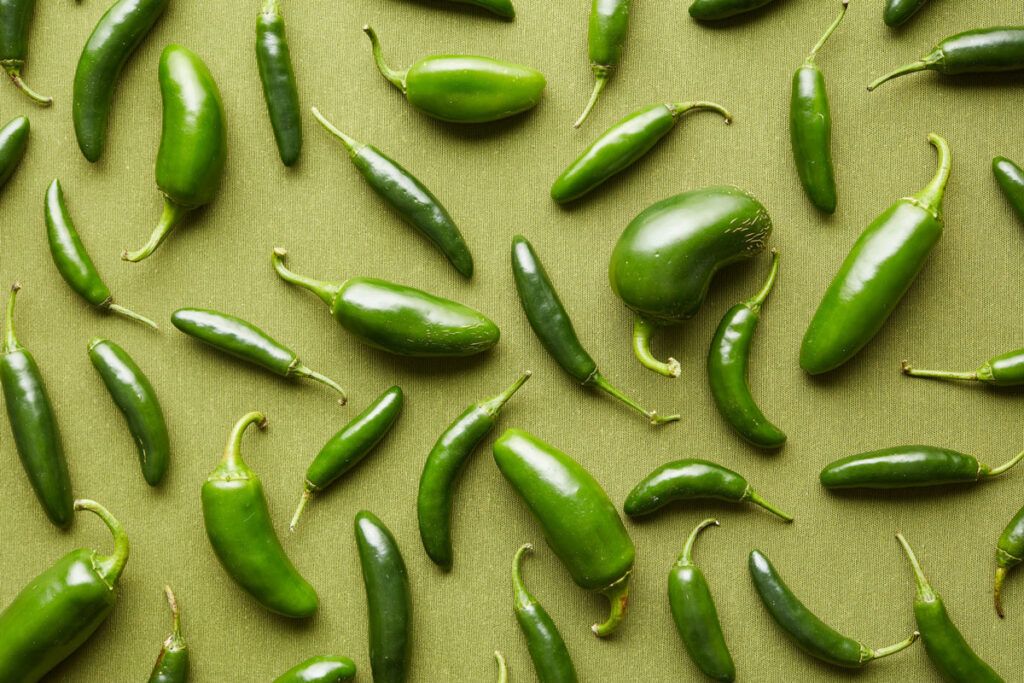Depression is a common mental health condition that can affect your mood. If you have depression, you may experience a constant feeling of sadness and lose interest in things that you enjoy.
Research has shown that there is a connection between what we eat and our mood. A 2017 study found that nutrition counseling sessions and healthy eating for 12 weeks could improve depression symptoms.
A healthy diet consisting of whole foods, like vegetables, can help improve your mood. But a standard American diet can cause inflammation in your body and trigger depression symptoms. This diet includes foods such as:
- refined carbohydrates
- ultra-processed foods
- foods with added sugars
- foods containing trans or saturated fats
A review from 2018 researched which foods contain the most nutrients that help with depression. They identified the following nutrients:
- minerals, such as iron, magnesium, and potassium
- omega-3 fatty acids
- vitamins, such as A, B6, B12, and C
The same review gave foods an Antidepressant Food Score (AFS) based on how much they can help with depression. The foods with the highest scores that can best help with depression include:
Leafy greens

Leafy greens like watercress and spinach contain high levels of vitamins and antioxidants and had the highest AFS. However, most people do not eat enough leafy greens or vegetables. Adding more leafy greens to your diet can be helpful for your mood and your overall health.
Cruciferous vegetables
Cruciferous vegetables also have a high AFS. They include vegetables such as:
- broccoli
- cauliflower
- Brussels sprouts
Cruciferous vegetables may be especially good for depression, and eating a wide variety of different types of vegetables can be helpful. The American Dietary Guidelines recommend that for each meal, half of your plate should be made up of vegetables and fruits.
Mollusks
Mollusks are invertebrate animals found in many environments, such as fresh water. They contain nutrients that can help with depression symptoms. Examples include:
- oysters
- clams
- mussels
Oysters are the seafood with the highest AFS.
Fresh herbs
Eating fresh herbs can help improve chronic conditions and boost your overall mood. Herbs contain a broad range of nutrients and have a high AFS.
Examples include:
Adding some herbs to the dishes you cook could help improve how you are feeling.
Peppers
Peppers (like bell, serrano, or jalapeño) also have a high AFS. Peppers contain nutrients like vitamin C and B6 and minerals such as potassium and folate.
Liver and other organ meats
Liver and other organ meats are highly nutritious. They are full of nutrients like B12 and folate, which can help boost your mental health.
Other examples, besides liver, include:
- heart
- kidneys
- intestines
Pumpkin and butternut squash
Pumpkin and butternut squash are two plant foods with a high AFS. They are high in nutrients like vitamins A and C and minerals like potassium.
Fish
Adding fish to your diet may help boost your mood, as several types of fish have a high AFS.
Examples include:
- tuna
- salmon
- rainbow trout
A study from 2018 suggests that eating moderate (and not high) amounts of fish is most helpful for depression.
Is there a best diet for depression?
There is no one diet that can treat depression. Overall, the 2018 review found that the food groups with the highest AFS are (in order of the best food groups for depression):
- vegetables
- organ meats
- fruits
- seafood
- legumes
- meats
- grains
- nuts and seeds
- dairy
It may be helpful to try adding these food groups to your meals as often as you can.
Other treatment options
In addition to changing your diet, there are other treatment options for managing depression. Options can include:
Medication
A doctor may suggest antidepressant medication to help with depression, such as:
- Selective serotonin reuptake inhibitors (SSRIs): These can help to improve your mood by increasing the amount of serotonin in your brain. Examples include:
- sertraline (Zoloft)
- fluoxetine (Prozac)
- escitalopram (Lexapro)
- Serotonin-norepinephrine reuptake inhibitors (SNRIs): This medication boosts your mood by increasing the amount of serotonin and norepinephrine in your brain. Examples include venlafaxine (Effexor) and duloxetine (Cymbalta).
- Tricyclic antidepressants (TCAs): TCAs like amitriptyline (Elavil) may be useful when SSRIs haven’t worked.
- Monoamine oxidase inhibitors (MAOIs): MAOIs like isocarboxazid (Marplan) increase the levels of dopamine, serotonin, and norepinephrine in your brain.
If you need help covering the cost of medications, the free Optum Perks Discount Card could help you save up to 80% on prescription drugs. Follow the links on drug names for savings on that medication, or search for a specific drug here.
